Ivan Petkov
2013 can be described as very successful for Android. The data show that over the past year 781.2 million smartphones with Android operating system have been sold. This is four times the number of sold devices with iOS and Windows Phone operating systems, which rank second and third in the ranking of Strategy Analytics. Despite the impressive numbers and the fact that Android remains consumers’ favourite, the platform had slowed down its development and for the first time its annual growth was "just" 62%.
Another research firm, namely, Kantar Worldpanel ComTech, also confirms the dominance of Android in mobile devices. According to the data presented by the company, over the past year, Google's operating system has increased its market presence in all 12 major trading regions of the world. In the last quarter of 2013, Android increased its market share in the U.S., Europe, Latin America, China and Japan whereas in Europe, its market share was 68.6%.
iOS ranks second as it reported a decline in many regions. The share of iOS in the U.S. market was 43.9%, in the UK 29.9% and in China 19%. In Europe, Apple had a share of 18.5 % compared to 23.7% in the previous year.
Microsoft’s Windows Phone holds the third position with a smooth but steady growth. The platform had a 4.4% share of smartphone sales and reported a decline only in Latin America. Windows Phone was the most preferred in Europe where it held 10% of sales. The growth in the smartphones market in Europe, however, was only 3%, which is not sufficient for reporting big profits, as stated by Kantar.
The past year has certainly been successful for Android. Last week, however, was more than exciting for the fans of the operating system as well as for analysts and the entire industry, the hot news being that Google had sold the mobile division of Motorola to the Chinese company Lenovo.
Expensive divorce
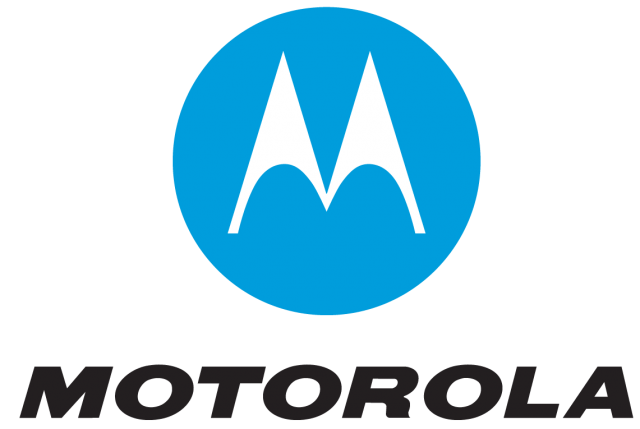
In August 2011 when Google announced that it would purchase the mobile division of Motorola there were opinions that the software company wanted to enter the hardware business and close the circle. Google had renovated its successful Nexus series and it seemed more logical for it to close the circle and become a company similar to Apple. We had previously seen a strong desire in the same direction on the part of Microsoft, so the trend was apparent. However, this was logical but not reasonable, as the popularity of Android was due to the partnership of the giant with big manufacturers like Samsung, LG, Sony and the emerging wave of Chinese and Asian companies offering phones with Android. Google rushed to calm down its partners and said in a statement that the main reason to buy Motorola was the patent portfolio of the company, which would enable it to defend Android and its partners in the constant litigation shaking the industry.
During the following nearly three years, Motorola had undergone some reorganization and managed to launch several new models primarily aimed at the U.S. market, namely Moto X, Moto G and Droid series devices. In addition, in continued to generate losses.
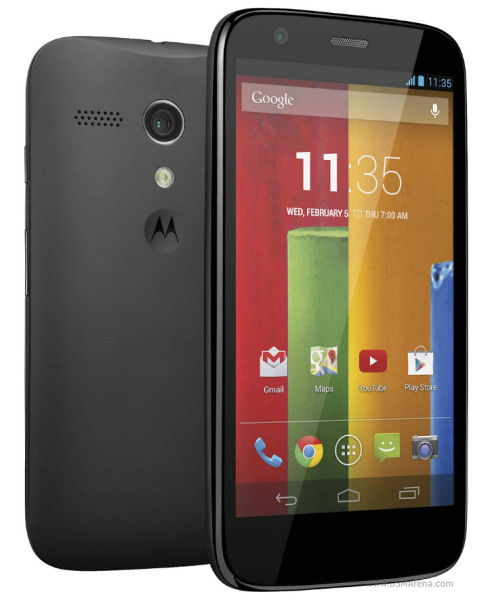
It seemed that Google was trying to turn the mobile technology veteran into an innovative company by launching several new projects. The acts of balancing between the market realities and the partners failed to result in the required swing, which would have led to market success of the smartphones manufactured by Motorola.
This week, on 29 January, Google sold Motorola Mobility to Lenovo for 2.91 billion dollars and kept 17,000 patents owned by the company. The "divorce" was costly, as Google had acquired the mobile manufacturer for 12.5 billion dollars. Upon parting, Larry Page said that Lenovo would care much better for Motorola.
Lenovo - the company that raises winners
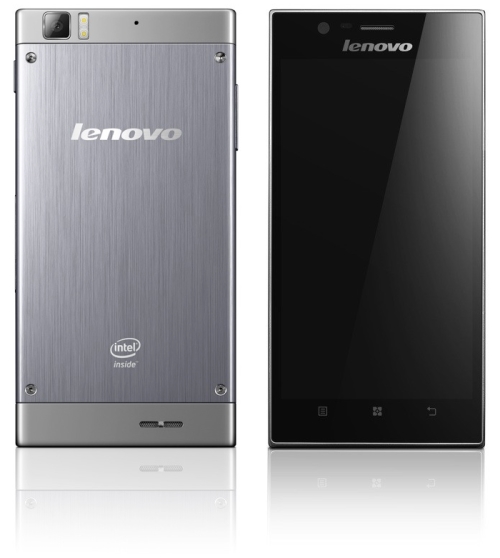 Lenovo is experienced in buying brands and businesses and in turning them into profitable. IBM had gradually got rid of its hardware business, first of personal computers and later of the server segment. Both units had passed into the hands of little-known company Lenovo. For several years, after the initial mistrust and despite the label "Chinese goods", Lenovo had been able to become the largest PC manufacturer in the world. PC market began to shrink and the company had entered the market of mobile products. With the same consistency and perseverance, the company won first place in its homeland. Over the past year, there has been persistent talk about its appearance in the international market. Apparently, Lenovo has looked back and evaluated the effort and time invested in the establishment of an unknown brand in the PC industry. There has been persistent talk about the interest of the Chinese company in the troubled Blackberry too.
Lenovo is experienced in buying brands and businesses and in turning them into profitable. IBM had gradually got rid of its hardware business, first of personal computers and later of the server segment. Both units had passed into the hands of little-known company Lenovo. For several years, after the initial mistrust and despite the label "Chinese goods", Lenovo had been able to become the largest PC manufacturer in the world. PC market began to shrink and the company had entered the market of mobile products. With the same consistency and perseverance, the company won first place in its homeland. Over the past year, there has been persistent talk about its appearance in the international market. Apparently, Lenovo has looked back and evaluated the effort and time invested in the establishment of an unknown brand in the PC industry. There has been persistent talk about the interest of the Chinese company in the troubled Blackberry too.
Motorola, however, seemed to be a better option and it was for sale. Lenovo had preferred the Americans to the Canadian manufacturers for obvious reasons, namely that Motorola manufactures phones with Android such as those offered by Lenovo in China. Android is growing, although at a slow pace, while Blackberry offers a platform with an insignificant and increasingly shrinking market share. Last but not least, Motorola is a recognizable brand on the world market, especially in the U.S., and the strong relationship with its former owner Google is a bonus that should not be ignored!
"We are not only the number one company for PCs but also a stronger number three as a company for smartphones due to this agreement," states Lenovo Finance Director Wang Uaymin.
Samsung - the shadow of the empire
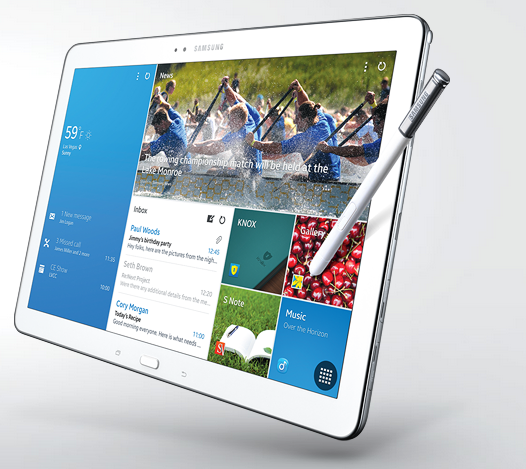
The Korean company is the number one manufacturer of devices with Android. Moreover, it dominates the market in an undeniable way. And it has no intention to quit. When Google bought Motorola, the company “sobered down” and started looking for alternatives to Android. It took a leading position in Tizen project, which is an alternative to Google’s operating system. The highly customized devices with Android sold by Samsung began to replace even the more popular operating system, putting a sign of equity between the two: Android = Samsung. This did not appeal to Google and it made significant effort to support the internal competition between the manufacturers of mobile devices with Android. In Nexus series, which is a mix between pure Android and a device produced by a Google partner but sold directly by the U.S. giant, Samsung was replaced by LG.
The relations became even colder after Samsung announced that it would launch mobile devices with Tizen, which would use the same visual appearance used by the Koreans in Android. Thus, the mass and uninformed user would be "tricked" to buy phones with Tizen instead of with Android. Samsung had repeatedly cancelled the premiere of a phone with Tizen, as many analysts had compared the platform with a virtual scarecrow with which Samsung was blackmailing Google.
On top of that, during the tech show, CES, held earlier this month, the Koreans showed a new custom view with which they would offer their mobile products. The new appearance is totally different from that offered by Google and it is very similar to the one used by Microsoft in tablets with Windows.
In this situation, the two companies had either to bury the hatchet or do the opposite. It was clear that both would lose a lot if they broke their relations, so they had sat down and agreed.
Earlier this week it became clear that Google and Samsung would sign an agreement on mutual recognition of licences for the next 10 years. Rumour has it that Google had abandoned Nexus series in return for which Samsung would abandon the new interface reminiscent of a competitive platform. Nexus series will be replaced by the so-called Google edition devices. These devices are identical to the current offers of each company, the main difference being the fact that they come with pure Android and will receive software updates directly from Google. This will ensure that users will be able to use the device of their preferred brand that will have the most current version of Android. As we know, one of the biggest criticisms of the platform is that the drives that use it receive updates with delays and often do not receive any at all. Google guarantees 18 months of mandatory software support.
Why did Google sell Motorola?
Following the agreement with Samsung, Google had apparently solved the core problem and had been able to sell Motorola. This course will allow it to focus on the development of Android, on the one hand and to introduce another big player in the Android ecosystem on the other, thereby ensuring competition and minimizing the possibility of it itself being dependant on the monopoly of a particular company.
Google has recently bought Nest company, which has developments related to the so-called smart home. Shortly after the deal with Motorola, it became clear that the team of Nest would become the core of the new hardware company team. Google is turning to projects without competition and it wants to develop future technologies. Motorola team that worked on the Ara project, a design for a modular smartphone that allows the replacement of key components rather than of the entire device as is now, remains part of Google as well. Do you want a more powerful processor? There is no problem! Instead of buying a new phone, you will just replace the CPU. Do you want a better camera? Done! You can change the camera with a few clicks and you have a cameraphone.
The future of Android
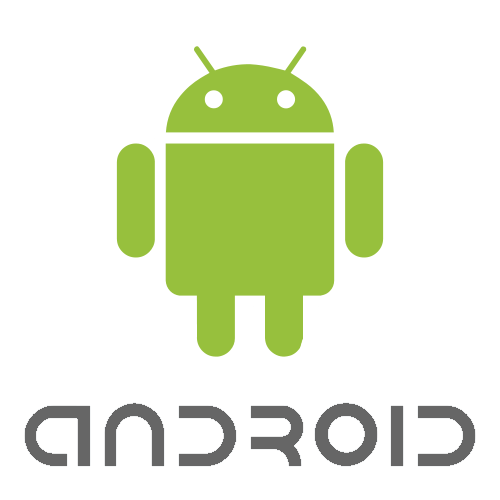
It turns out that the operating system is one of Google’s most successful projects. It is clear why the company wants to protect its own creation and develop the project in accordance with its own vision of it. Of course, Google must comply with many factors and overcome many obstacles. For the time being, it is doing this in the best possible way. It is showing flexibility and skills that allow it to satisfy not only its desires, but also those of its partners, and of its users, of course! For the moment, the future of Android is safe and its success guaranteed.